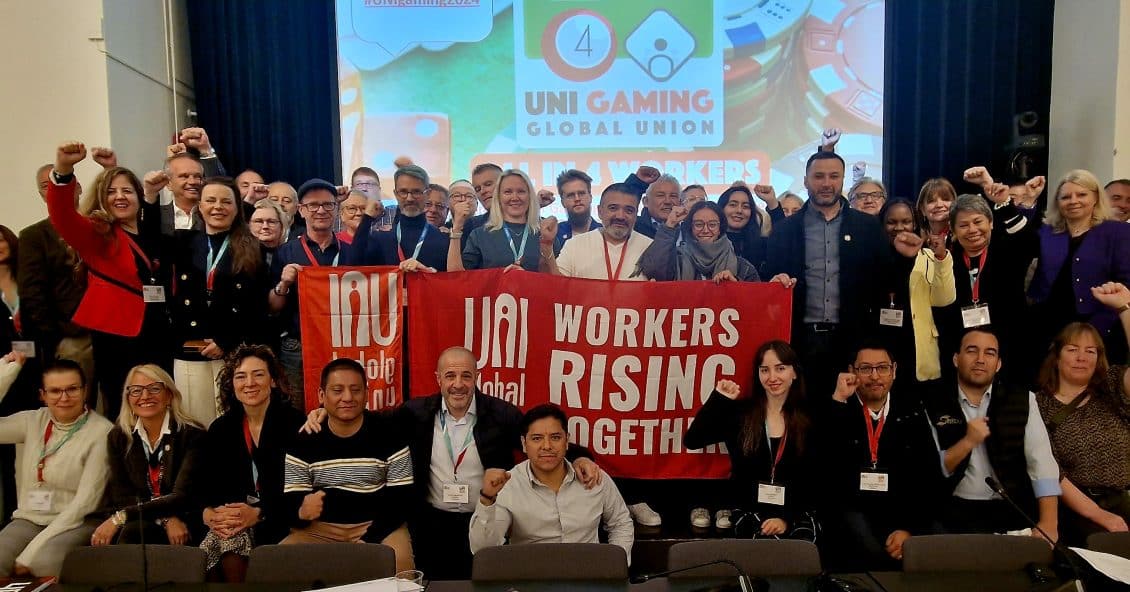By Andrea Wenzek
The Berlinale in February is the annual meeting place of the German film industry. Even though more and more films are produced in this country, a crisis is looming. Producers complain about a shortage of young talent in most departments. The working conditions of filmmakers are a decisive factor.
The production volume of films in Germany has increased. This is not only due to the increase of the German Film Fund (DFF) from 50 to 75 million euros by Minister of State Monika Grütters. Amazon, Netflix & Co also play an important role. After successes such as “Babylon Berlin” and “The Boat”, pay-tv channel Sky plans an offensive: six series per year, and Netflix will be producing its third series in Germany after “Dark” and “Dogs of Berlin” this year.
Young talent is missing
The many series employ filmmakers over a long period of time. As a result, not enough filmmakers are available for feature film productions. This puts a lot of pressure on production management’s recruitment planning, especially of medium-sized production companies. It’s the SMEs who produce the most 90-minute feature and television films, including those commissioned by public broadcasters. The production companies usually produce two to three films a year and recruit their crew on the film set as well as staff for the production office among the many freelancers in the industry. Some of the staff work as self-employed as for example set designers. Others film workers, such as boom operators, are employed on short-term contracts for the period of production. The production office staff starts preparing the production usually two months ahead of the first day of shooting. These departments, production management, location management and production accountants are ideally supported by assistants. But it’s precisely the assistants who are hard to find. This is particularly noticeable at the important production hub Cologne.
The prop department is desperate
Ingo Weerts from the ver.di FilmUnion represents the interests of all film and TV production trade union members in Cologne. “The situation is very tense here. There are no assistants, and this is a homemade problem of the producers.” Why? Among the different professions in film and TV production, there are only few apprenticeships programmes. Until recently, it used to be the career changers, fascinated by the medium of film, who worked their way up, starting with two internships, five assistant jobs and it took between four to five years until they broken through in their profession. Since the national minimum wage applies to trainees too, many producers make savings and too few apprentices. That’s why today, for example, the propmakers are in despair, because there are hardly any assistants left.
When companies no longer find any staff, they turn to the platform crew united platform and the ZAV-artists’ agency of the Employment Agency. Sybille Steinfartz from the ZAV in Cologne says: “For us, the problem goes far beyond the shortage of young talent. I have already received a number of requests in January such as “Four million project seeks production manager for immediate employment! “And this concerns other professions in particular those who are in demand during the approximately two-month preparation period before production: production accountants, location scouts and assistant directors. Since lately a bigger number of history films are being shot, there is also a shortage in the costume design department.
Where has the glamor gone?
In Berlin, there is no lack of young talent yet, also because filmmakers from abroad are moving to the city. According to the FilmUnion, Munich and Hamburg, however, may experience the same trend as Cologne in the coming years. The reasons for the shortage of skilled workers in Cologne seems to come from the production companies themselves. “It does capture entirely the essence of the problem. It’s also a generational problem, “says Bernhard Speck, chairman of the Federal Association for Production (BvP). The association represents the interests of staff of the production office, i.e. those who prepare and accompany the production. “After the generation ‘internship’, the young people are talking about the lack of work-life balance in the film industry. Our professions simply cannot offer that, “says Speck.
Listening to different voices in the industry, many people think that working in film has lost its glamor among young people. They are weighing whether to engage in professions whose weekly or daily salaries are often paid below the tariff. IN 2018, ver.di negotiated with the alliance of German producers a daily maximum working time of twelve hour. This is often circumvented by production companies.
Densification of work on set
Bernhard Speck from the BvP notes that experienced and well-paid filmmakers sometimes drop out after twenty years in the industry. For example, production accountants went work for to tax consultants. Michael S. is a first location manager from Cologne and has been in business for 18 years. He has decided to work only for a few feature films if the working conditions don’t change. Among other things, the shortage of young talented has resulted in a situation where too few qualified workers are available to work on set. This has led to a very high work density across all departments. It is not because of the wages, according to Michael, they are quite good according to the production accountant. “However, there is virtually no overtime pay. In addition, pre-production is getting shorter and shorter and especially for our profession the responsibilities are not clearly defined. “
Improve qualification and training
Michael says that there is a need to develop a cross-sector concept for education and training. That’s how jobs for newcomers could become interesting again. That’s an area where the public film funds must take responsibility. “We deplore that the Federal Film Funding Agency, FFA, has abolished funding for the promotion of live-long learning altogether, instead of expanding it,” says Matthias von Fintel from the national ver.di-sector for media, arts and industry. “We are of the opinion that it is necessary to invest in the skills and qualification of local filmmakers, especially in feature film production, a sector of international competition. As is common in other industries, this would be a contribution to the development of the industrial location, which is necessary for sustaining production on an international level. Unfortunately, this is neglected by the film funds, “says von Fintel.
Important Note: This is the English translation of the original Article by Andrea Wenzek “Es rumort in der Branche – Nachwuchs- und Fachkräftemangel in der Filmproduktion”
We thank the author and the editors of ver.di publik for permitting us to translate and distribute this English version.
Source: https://publik.verdi.de/2019/ausgabe-01/gesellschaft/leben/seite-16/es-rumort-in-der-branche
Photo: DDP / INTERTOPICS / LMKMEDIA – Picture of film set of Babylon Berlin


